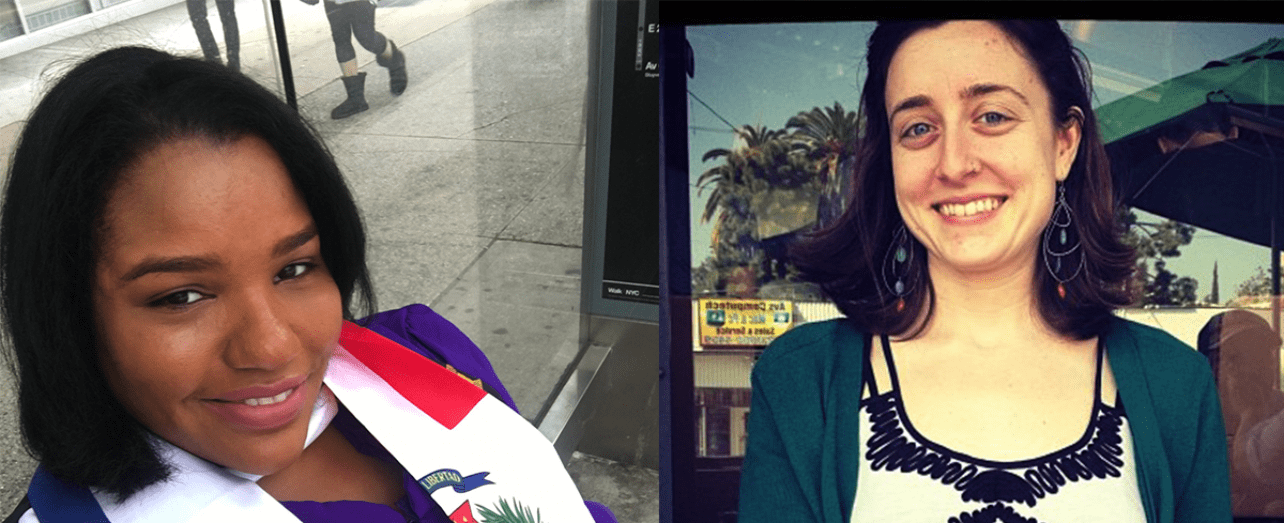The information below lists resources that can help you afford college. In part one of our blog posts, we shared information on various resources that can help young adults experiencing homelessness or housing insecurity stay in college.
Guides and Information for Young Adults Experiencing Housing Insecurity
- New York City published Growing Up NYC, a resource list of housing services and supports, aimed at LGBTQ youth who experience homelessness.
- This guide from the U.S. Department of Education was created for college students who have experienced homelessness or housing insecurity.
- Seeking a college guidance counselor? Check out a few organizations who provide them below:
- The Options Center: Work with juniors and Seniors at NYC public/parochial schools and young adults/adults with a high school diploma or TASC/GED.
- The Door: Work with youth ages 16-24.
- Carina Taveras, co-author of this article created a Facebook Group for Homeless CUNY students and is open to other students dealing with homelessness.
The Application Process
Below are some resources on understanding the application process, and getting fees waived:
- As a high school student dealing with homelessness in NYC schools, the McKinney Vento Act requires that you are provided with assistance in staying in school, applying for college, transportation to take necessary tests, and more. Click here to find your district’s contact info.
- The College Board publishes a guide on applying for colleges. They also publish guides on how to waive fees for college applications, Advanced Placement (AP) tests, and the ACT and SAT.
Applying for Financial Aid
While the resource information isn’t always organized or in one place, there are a variety of types of financial aid available for students to go to college. These are typically scholarships, grants, or loans. The federal and state governments give out grants, scholarships and loans usually based on need. Scholarships and grants do not need to be paid back. Awards and scholarships are also available from institutions or private organizations.
It is highly recommended that before resorting to getting loans or looking for private scholarships, you should try to get all the free money you can get to go to college through the federal and state government.
- Click here for a breakdown of what financial aid is available in NY State.
- Once you’ve applied to colleges, you’ll want to fill out the FAFSA (Free Application for Federal Student Aid). This allows you to qualify for Federal Aid whether that be a grant or a loan. At the end of the FAFSA application, there will be a link to apply for NY State aid called TAP (Tuition Assistance Program).
- Here is a Step by Step process for applying for Federal and State Aid starting with FAFSA.
- If you’re looking at a SUNY school, check out their Paying for College page
FAFSA Tips
- You will need to be a citizen or permanent/lawful resident to qualify for federal aid as well as have a high school diploma or HSE/GED. To find out about federal financial aid eligibility click here.
- Independent vs. Dependent Status: on the FAFSA, there is a question about whether you are dependent on your parents/legal guardians. This will determine if you need to provide their tax information and signature. If you are considered an unaccompanied homeless youth, you may be able to qualify as an independent student on the FAFSA form. See here to find out if you are considered independent or dependent.
- Here are 2 tips sheets for filling out the FAFSA if you don’t have stable housing: one from The Options Center, the other from NAEHCY.
- See here for which documents you need to have if you qualify as independent.
- If you rely on your parents for support, you are likely considered a dependent student. You will need information from your parents to complete your FAFSA. This FAFSA companion outlines which documents you need as a dependent.
Are you undocumented or have DACA?
- Since the NYS Dream Act just passed in January 2019, undocumented and DACA students now qualify for state aid in New York! The application just went live on July 3, 2019. SUNY provides info for undocumented students here.
Scholarships
Below are a few scholarships specifically aimed at supporting housing-insecure/homeless students, as well as several for youth who’ve been involved in the foster youth system:
-
- DHS Future Leaders Scholarship for college-bound seniors experiencing homelessness.
- School House Connection’s Youth Leadership Scholarship
- The National Association for the Education of Homeless Children and Youth’s (NAEHCY) Scholarships
- New Yorkers For Children Scholarship: For students currently in or aged out of the foster care system.
- Charles Evans Emergency Educational Fund: for students formerly in the foster care system
- New Yorkers For Children also runs the Back to School Package Program, which connects former foster youth with a laptop, MetroCard, and a gift card for textbooks.
- For students in the CUNY system, CUNY publishes a list of scholarships and fellowships.
This post was written by YI-Northeast Policy Fellow Elena Callahan and Carina Taveras, a 2019 graduate of Hunter College and organizer with the Welfare Rights Initiative.

